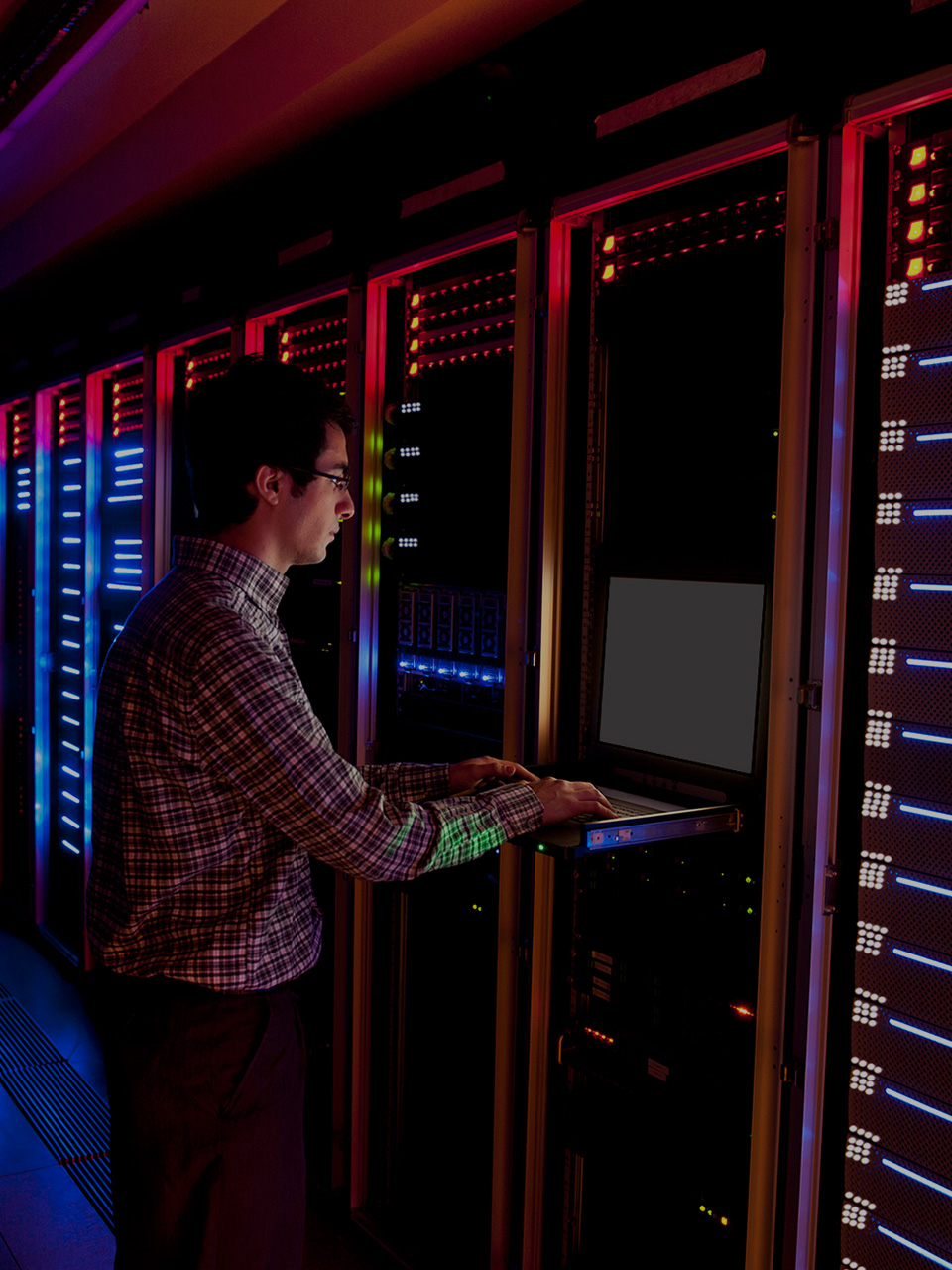
Tap to Read ➤
Job Description of a System Administrator
Charlie S


A system administrator is entrusted with the job of looking after the computer systems of the entire company. Read on tho know about the duties and responsibilities of a system administrator in detail.

The system administrator helms the technical support department in a company. The job includes a host of responsibilities, ranging from efficient sever management to monitoring software as well as hardware upgrades.

It is important that system administrators have the talent and ability to learn new technologies and implement them successfully. These professionals are expected to possess thorough knowledge of Microsoft and Linux administration systems.

According to industry experts, the opportunities for system administrators in the job market are on the rise, and are expected to grow in the days to come.

Job Description

Managing Servers
Managing the upkeep of servers is perhaps the most important task that a system administrator has to handle. This may begin with server installation or configuration, moving on to making regular upgrades and taking up-to-date backups.

They also closely monitor and develop procedures for backups of the servers. They have to ensure that the server is absolutely secure from any illegal access. In this regard, administrators may need to have server-specific certifications as well.

Systems Management
This job also involves taking appropriate steps for the right upgradation of the systems and solving any kind of technical snags. System administrators provide essential hardware support for laptops, desktops, printers and monitors in the company.

They also undertake the tasks of configuration of hardware devices, testing new software and designing structure of the network. They also test operating system software, networking software and hardware.

Networking
Most offices function on internal networks besides using the Web, and the system administrator has to ensure that it works smoothly. Their tasks include configuring hardware devices, testing new software, periodic upgrading and designing structure of the network. They need to be up-to-date with everything related to TCP/IP and other networking concepts.

Troubleshooting
A system administrator has to relentlessly work towards keeping troubleshooting episodes at bay. Which is not to say that they never occur, but the person in charge must be ready for all eventualities - right from resolving slow network issues to server crashing, all in a day's work.

Replacing defective hardware and maintaining inventory records is their responsibility too. Indeed, an administrator is capable of running a stable network, however technical glitches do happen, and they need to fix them with ease.

Remuneration
Not surprisingly, the salary that a person draws by working in this field depends largely upon the nature of the job, his qualifications and related experience. Furthermore, individuals with graduate degrees take home a decent pay as compared to those with a bachelor's degree.

The average salary is known to hover around USD 60,000 mark. Senior system administrators can draw around USD 70,000 annually.

A system administrator's role is more or less undefined - in the sense that he has to perform different duties, depending upon the kind of organization he works for. To sum it up, his role is to make use of his technical expertise to maintain a perfectly operational network system.